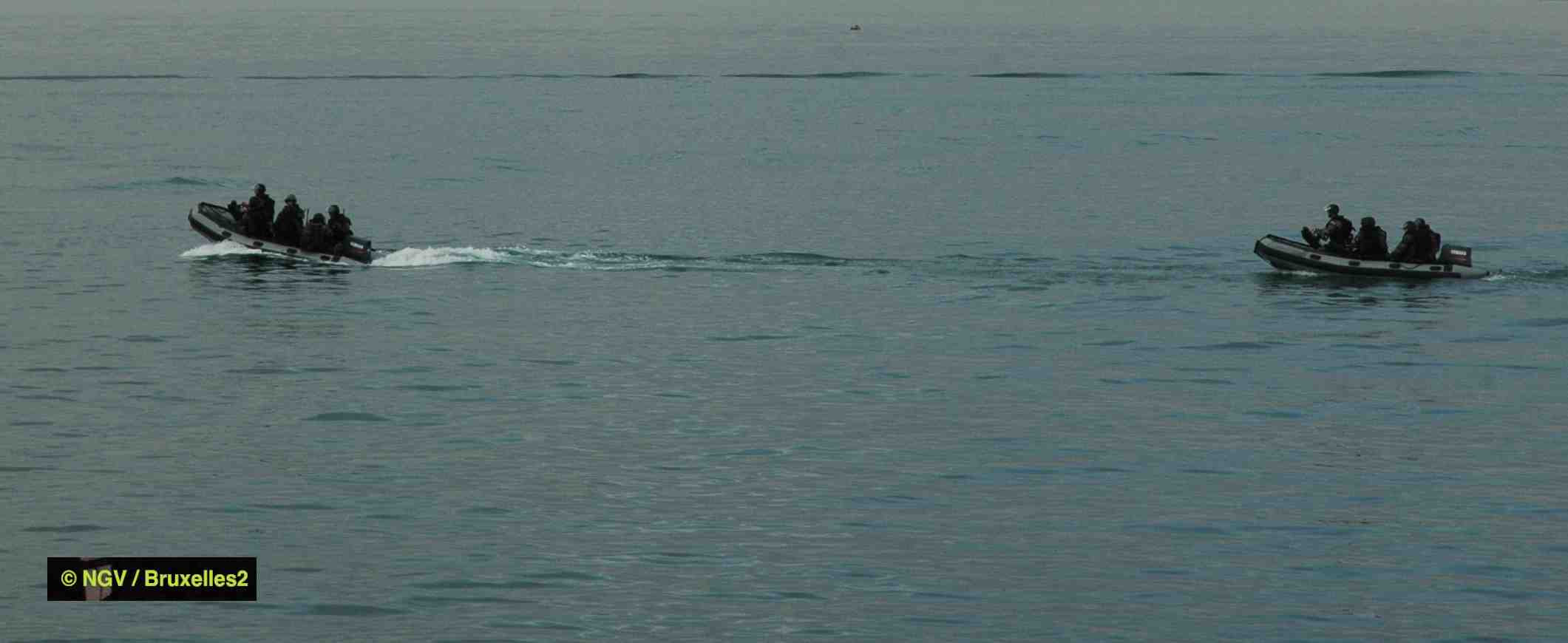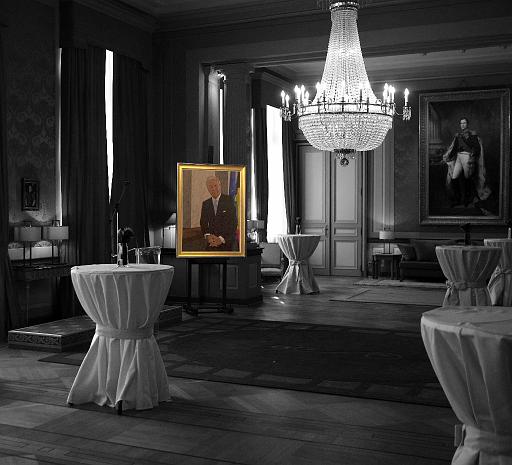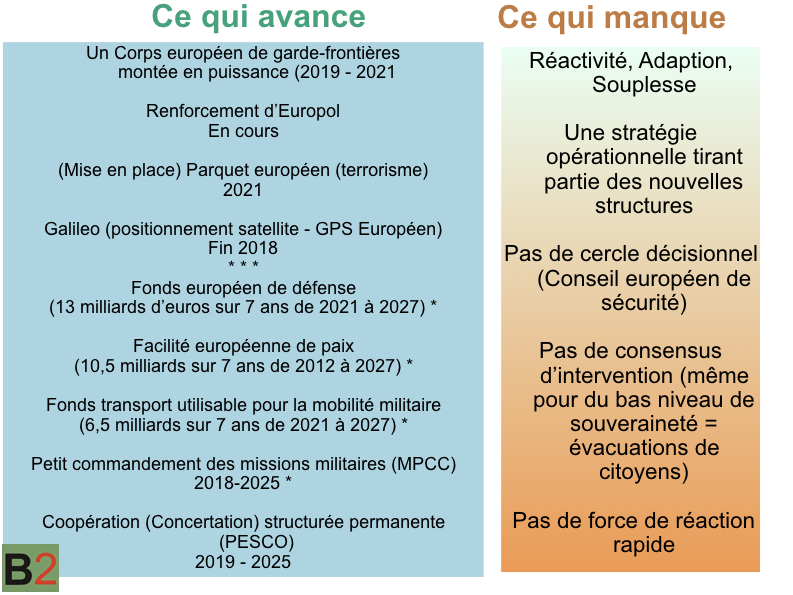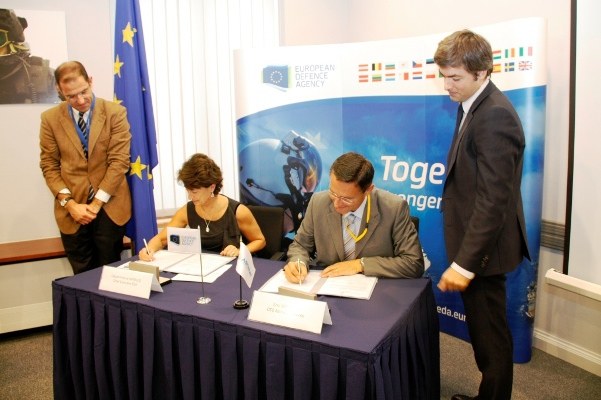Pooling and sharing, it's spring... (Maj2)

(BRUSSELS2) The “Defense” Council will be an opportunity for European Union ministers to take stock of “Pooling and sharing” projects, in a undoubtedly more concrete way than previous times The observation is clear today: it is impossible to escape savings and pooling Now it is time to get down to business after the decision taken at the end of last November to approve 11 pooling projects. (twelve projects now since the project to combat homemade explosive devices was officially presented by Spain). “Some projects have progressed well, others less ". It is in these terms that the European Agency was to open the debates before the Defense Ministers (*).
Read also:
- A twelfth project for the European Defense Agency?
- Europe is beefing up its defence. 11 operational projects. List and details
Assessment of the 12 projects
What drags
Let's start with what is “hanging around”, or rather to use more diplomatic language, the projects which have undergone “little significant progress ". The next generation of satellite (a fairly heavy project currently led by the United Kingdom and France); Smart munitions – Denmark preferred to bring this project to NATO; ISR will become a “flagship” project for the NATO Summit.
What advances
Other projects, on the other hand, have made good progress and should take a further step during this council meeting.
• Thus a declaration of intent should be signed for thefield modular hospital, a project led by Italy and involving a dozen countries. It is an interesting project, developed in complete complementarity with NATO. To use industrial terminology, the Alliance standardizes and prepares the modules; the EU puts them together. Thus, around a central module (resuscitation, x-ray, surgery, etc.), we can add specific modules, adaptable according to the type of theater, risk and geographical area. It can be used in all kinds of missions: short or long, even civil (example: earthquake in Haiti). This project could be “ fully deployable in the field from 2014 with all modules », Specified an official from the Agency. “ But it could be used very quickly in some modules. NB: Participate in this project 14 countries: in addition to Italy (leader), Austria, Belgium, Germany, Cyprus, Spain, Finland, France, Greece, Hungary, Netherlands, Romania, Slovenia, Czech Republic.
• The project of tanker aircraft will also take an important step with a political declaration. A heavy project since it takes place in the short, medium and long term until 2020. Read separate article: Europe intends to supply itself on its own
• The programhelicopter pilot training « works well ". A training simulator, made available in the United Kingdom, will help speed up training. This program has already enabled the deployment of additional Czech and German crews, notably, deployed in the NATO mission (ISAF) in Afghanistan. Two exercises are planned in 2012: in Portugal (from July 4 to 12, exercise Hot Blade) and in Belgium (from September 17 to October 5, exercise Green Blade).
• The project of maritime surveillance – led by Finland – continues on its merry way. Around fifteen member states already use it.
â € ¢ Des multimodal hubs. The agency wants to clarify the concept of multimodal military hubs – plane/train/road – based on the model of civilian hubs, in order to ensure better efficiency and economy. A study will be undertaken on the agency's budget.
...
New “crisis” projects
Some projects stand out in the context and are worth a look. These are “Crisis compatible” projects that are quite light in terms of investments but which can be profitable. They are developed by the agency on an optional basis. They mark the desire among Defense Ministers to find common solutions in the face of pressure from the Budget Ministries of the “27” (26 in fact) which they are all facing. Because, in fact, ideological or strategic divisions are disappearing today between member states in the face of the budgetary constraints which affect all defense ministries. They often look for the “little tricks” in others that allow them to resist their national “Bercy”.
"Go Green"
The observation is simple: military bases and defense installations often have large, well-exposed spaces. Why not take advantage of the facility to equip them with solar panels. It’s a win-win for everyone. The military “makes money” from their installation – the military are the first. The project is green, so very trendy at the moment. In addition, it makes it possible to overcome the problem posed by this type of installation; which often causes some grumbling among local residents, under the Nomyby principle (not in my back yard). Several countries are interested in this concept: Germany which is leading this project as well as Austria, Cyprus, the Czech Republic, Greece, Luxembourg and Romania. A model for operating solar panels will be developed. And the first project should start working on a freelance basis in Germany.
Buy better, together
This involves developing more efficient public procurement methods: how to save money by purchasing together. Austria will test a pilot project for the Battlegroup in the second half of 2012 (Austria, Czech Republic, Germany) to provide the logistics chain. The Agency will serve as the acquisition structure. The objective is to be able to “ save about 25% or so cost explained an expert to B2. " If the experience is positive, it could be extended ».
Sale of European surplus: Ebay Defense
Last but not least, it is the crisis project par excellence. The principle is simple: you are looking to get rid of a few dozen tanks, armored vehicles and other guns, in good condition, but which weigh down your army and your maintenance; you have not yet found a buyer or you are looking for the best offerer; the Agency can help you. 🙂 It’s a sort of “ebay – Defense equipment”, allowing European surpluses to be sold, to cut into the fat of the armies, which often have a large number of equipment which burden its upkeep and maintenance budget, for sometimes usefulness. debatable, or at least discussed.
“Save and reinvest”
This is the quintessential “top secret” project of Defense Ministers: How to preserve their kitty, prevent the money saved from going back into the general budget, thanks to budgetary savings, at the expense of reinvestment. A study was thus presented to the ministers during this Council, “orally” only. Initiated by a British expert, carried out in five Member States (France, Germany, Italy, Poland, United Kingdom), it consists of studying best savings and reinvestment practices. Clearly, as an expert on defense issues confided, it is a question of “ protect from the rapacity of the national Bercys ».
(*) In fact, taking into account the delays in preparing the Councils and the Christmas break, between the last Council (which was at the end of November) and that of March 22, the experts from the European Defense Agency did not have only eight effective weeks; the preparation of the Councils requires filing all the preparation documents at least 15 days in advance. This seems like an administrative detail. But it matters.


